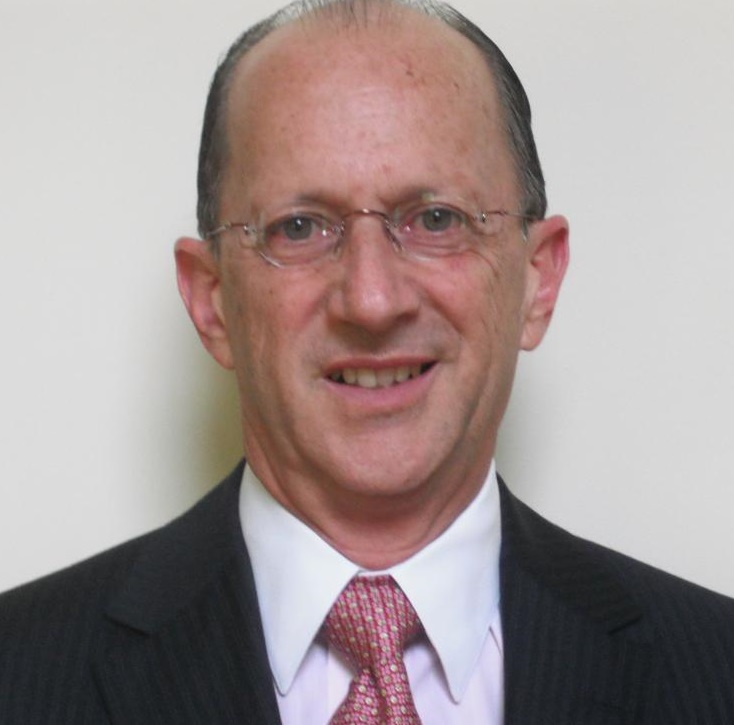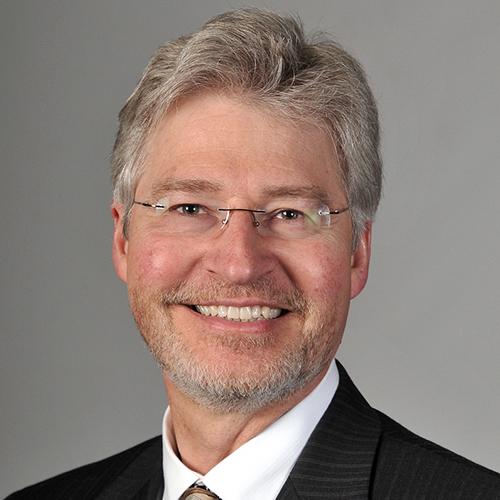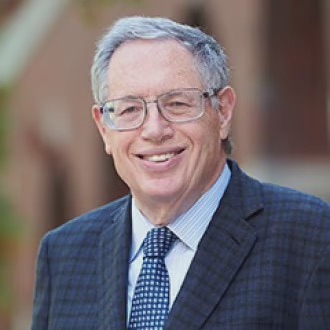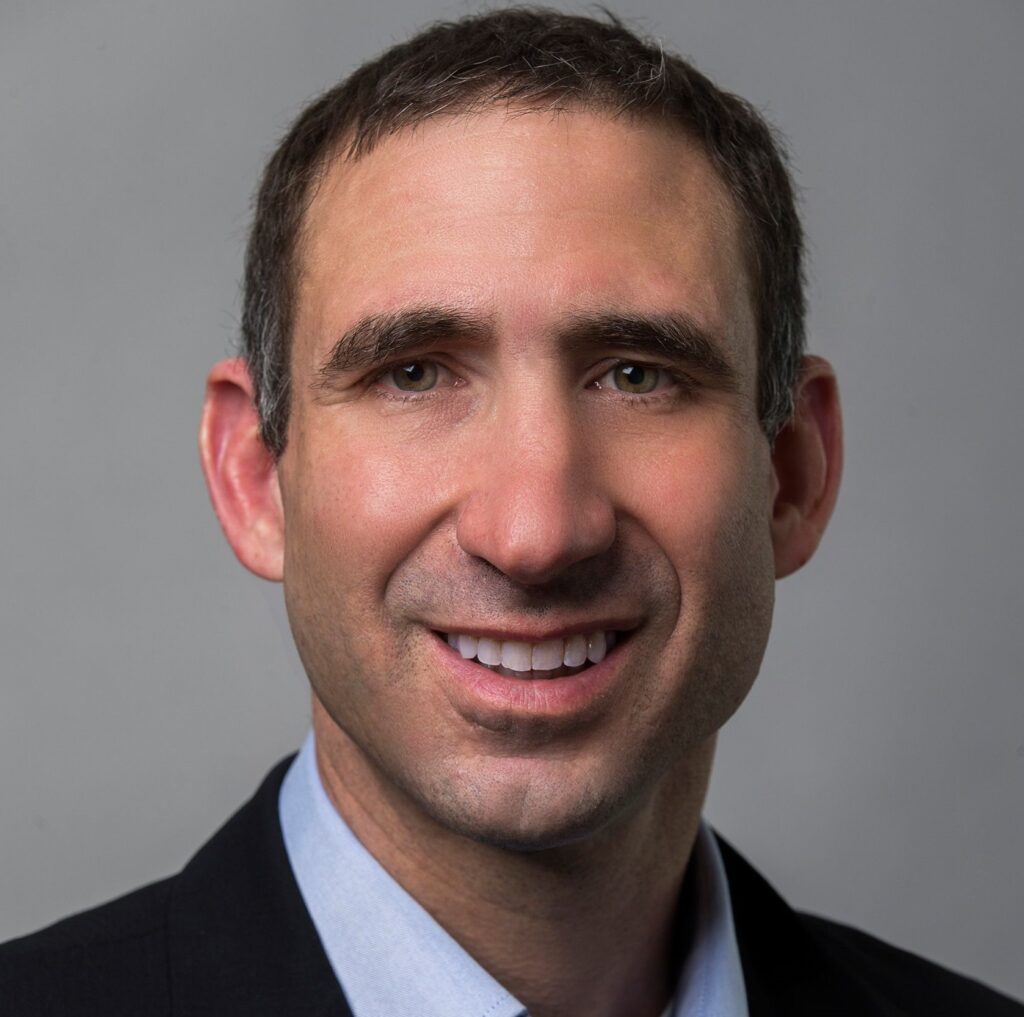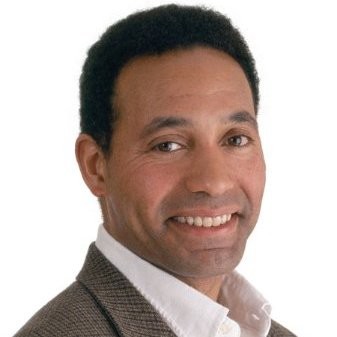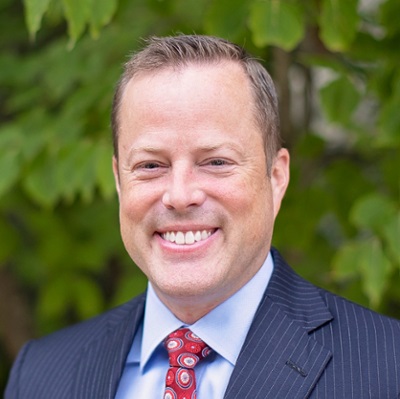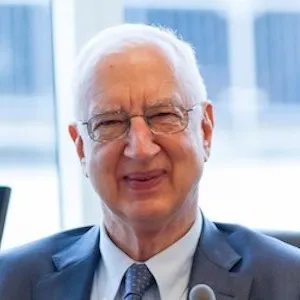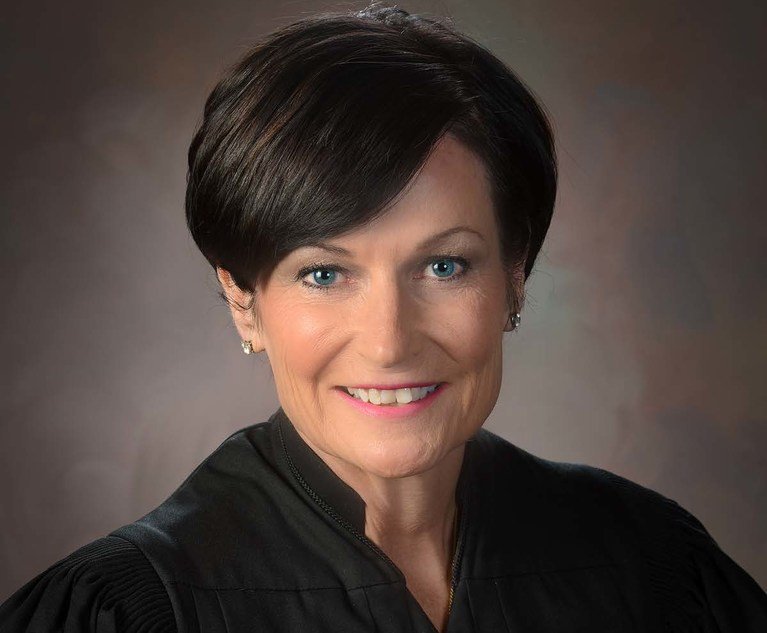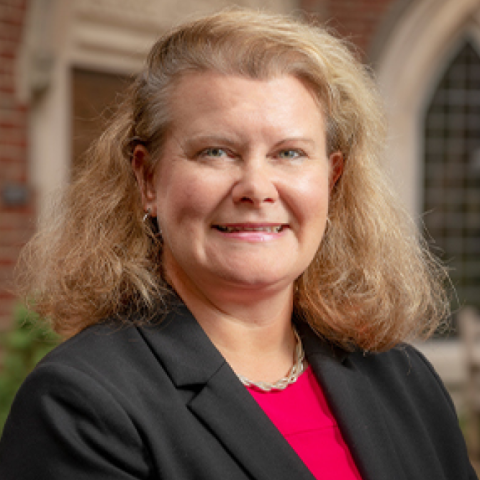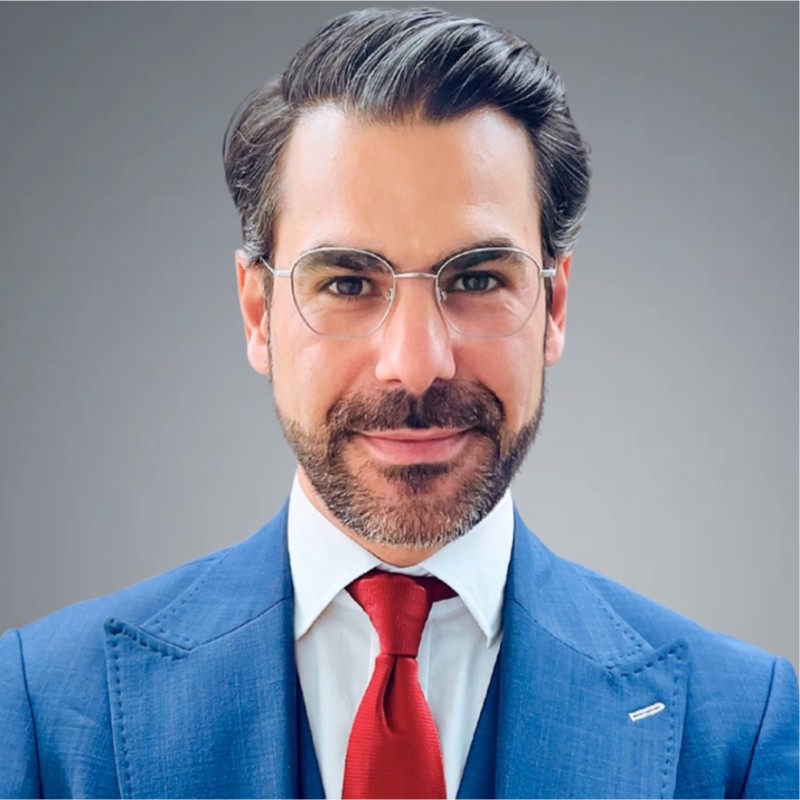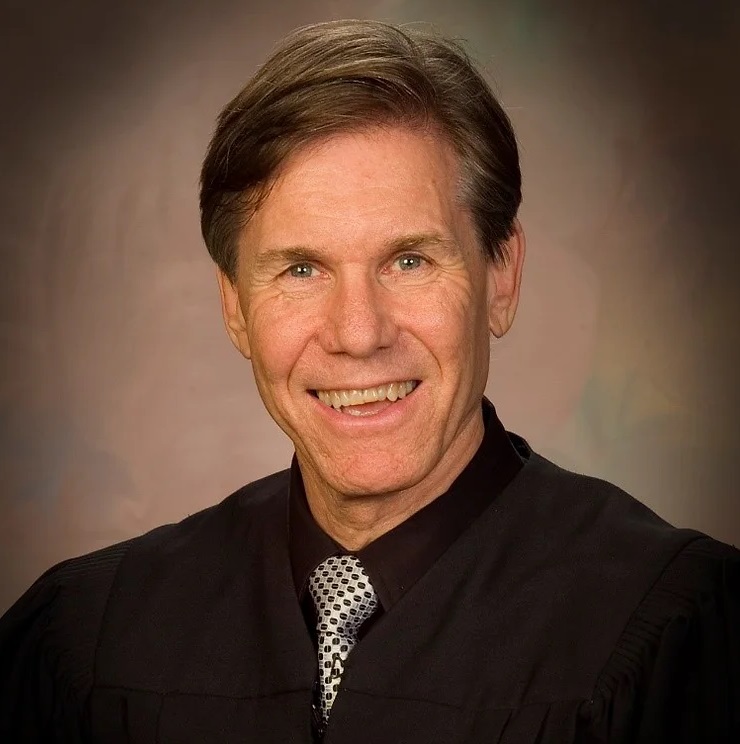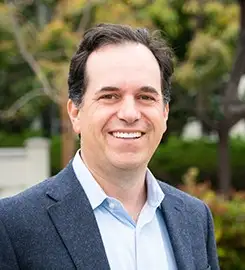Letter to Chairs and Ranking Members of House Ways and Means and Senate HELP Committees on Prescription Drug Price Controls
Dear Chairman Sanders, Ranking Member Cassidy, Chairman Smith, and Ranking Member Neal:
As former judges, former government officials, and scholars who are experts in patent law, healthcare policy, or both, we write to express our concerns about lobbying efforts for the government to impose price controls on patented drugs. Some activists and academics have written to Congress and to agency officials arguing that existing laws are “tools” for the government to impose price controls on patented drugs to lower drug prices.[1] Their arguments mischaracterize these statutes by inaccurately claiming that Congress has endorsed the imposition of price controls on patented drugs. It has not.
Drug pricing presents a multi-dimensional policy issue because the U.S. healthcare system comprises a complex, intermingled system of federal and state laws and regulations, as well as a myriad of equally complex and intermingled set of public and private institutions. Yet, activists and others inaccurately reduce the causes of drug prices to a single issue: patents. They argue that the federal government can “lower drug prices by breaking patent barriers,”[2] and they claim that two statutes can be used to achieve this policy goal: the Bayh-Dole Act and 28 U.S.C. § 1498.
Neither the Bayh-Dole Act nor § 1498 are price-control statutes, and thus they do not authorize the federal government to impose price controls on patents. This is clear by their plain legal text, as well as by their consistent interpretation by courts and agencies. The Bayh-Dole Act promotes the commercialization of patented inventions that may result from government funding of research, and § 1498 secures patent-owners in obtaining compensation for unauthorized uses of their property rights by the government. Neither law says anything about drug prices. If the government used either law to impose price controls on patented drugs, this would conflict with the clear purpose of these statutes. It would also represent an unprecedented and fundamental change in U.S. patent law. From 1790 through the twentieth century, Congress rejected bills that would impose compulsory licensing on patents.[3] The calls to use the Bayh-Dole Act or § 1498 for similar purposes fundamentally are at odds with these statutes and threaten to undermine the U.S. patent system’s historic success as a driver of U.S. global leadership in biopharmaceutical innovation.
This letter explains why neither the Bayh-Dole Act nor § 1498 can be used to break patents to impose price controls on drugs. First, it sets forth the proven success of the patent system as a driver of innovation in healthcare, which is the framework to evaluate the argument to “lower drug prices by breaking patent barriers.”[4] This argument threatens to undermine the legal system that has saved lives and improved everyone’s quality of life. It then describes the Bayh-Dole Act and § 1498, explaining how neither authorizes price controls on patented drugs. The policy argument seeking to impose price controls on drugs contradicts the clear text and purpose of these statutes.
[1] See Letter to Senator Elizabeth Warren from Amy Kapczynski, Aaron S. Kesselheim, et al., at 1 (Apr. 20, 2022), https://tinyurl.com/yt62wt4t. Professor Kapczynski and Professor Kesselheim are the co-authors of this letter, which is based on their articles, and thus this letter is identified as the “Kapczynski-Kesselheim Letter.”
[2] Id. at 8
[3] See, e.g., Bruce W. Bugbee, Genesis of American Patent and Copyright Law 143-44 (1967) (discussing the rejection of a Senate proposal for a compulsory licensing requirement in the bill that eventually became the Patent Act of 1790); Kali Murray, Constitutional Patent Law: Principles and Institutions, 93 Nebraska Law Review 901, 935-37 (2015) (discussing 1912 bill that imposed compulsory licensing on patent owners who are not manufacturing a patented invention, which received twenty-seven days of hearings, but was not enacted into law).
[4] Kapczynski-Kesselheim Letter, supra note 1, at 8.







